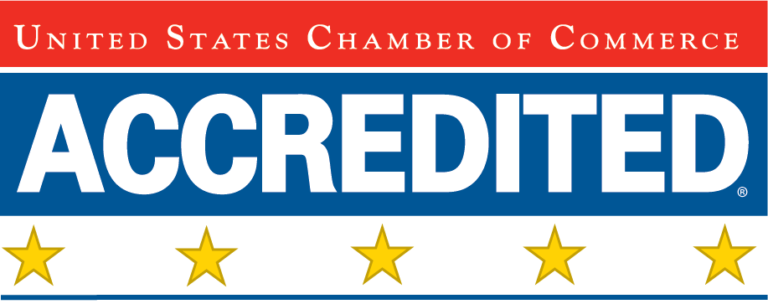Thursday, November 4, 2021, the Occupational Safety and Health Administration (OSHA) issued a highly-anticipated Emergency Temporary Standard (ETS) for COVID-19 vaccination and testing (rule; fact sheet; press release) in the workplace. The ETS requires employees — who are employed by private-sector employers with 100 or more employees — to get vaccinated or test negative for the virus once per week. Under the ETS, private sector employers with 100 or more employees must develop, implement, and enforce a mandatory COVID-19 vaccination policy. In lieu of vaccination, OSHA’s rule stipulates that employees who choose not to get inoculated are subject to weekly testing and indoor masking requirements. OSHA has published a series of resources with respect to this ETS, including: frequently asked questions; guidance materials; and reporting requirements.
- What’s Next? While the testing requirement for unvaccinated workers is slated to begin on January 4, 2022, employers must be in compliance with all other requirements — such as providing paid time off for employees to get vaccinated and masking for unvaccinated workers — by December 5, 2021. Employees falling under the ETS rules will need to have their final vaccination dose by January 4, 2022, according to the administration. Given some of the widespread opposition to new vaccine-related mandates, it is likely that the ETS could face legal challenges from certain business and other groups. In September, a group of State Attorneys General penned a letter to the President stating they will seek “every available legal option” with respect to challenging the administration’s vaccine requirement policies. The Biden administration spelled out its legal authority within the ETS announcement, citing OSHA’s statutory authorities to provide workers with safe and healthy working conditions as its justification.
Key requirements for covered employers contained in the ETS include:
- Developing a COVID-19 Vaccination Policy — The standard requires covered employers to develop, implement, and enforce a written COVID-19 vaccination policy that requires the vaccination of all employees, except those: (1) for whom a vaccine is medically unsafe; (2) for whom medical necessity requires a delay in vaccination; or (3) who are legally entitled to a reasonable accommodation due to a conflicting disability or sincerely held religious beliefs, practices, or observances that conflict with the vaccination requirement.
- Testing & Masking Requirements — Employers must ensure that each worker who is not fully vaccinated is tested for COVID-19 at least weekly if the worker is in the workplace at least once a week, or within seven days before returning to the workplace if the employee is away from the setting for a week or longer. Under the ETS, this rule also requires unvaccinated employees to wear a face covering when indoors or when occupying a vehicle with another person for work purposes. Additionally, employers are not responsible for covering the costs of testing for unvaccinated employees, as OSHA emphasized that it is leaving the decision regarding who pays for testing to the employer. The agency does point out that employers may be required to cover testing under other laws, regulations, or collective bargaining agreements.
- Paid Time Off — Employers must provide paid time off for employees to get vaccinated and/or recover from any side effects. This should include up to four hours of paid time off to receive each primary vaccination dose, as well as “reasonable time and paid sick leave” in the event of any side effects, OSHA explains.
- Documentation — The ETS mandates that employers determine the vaccination status of each employee, obtain acceptable proof of vaccination status from vaccinated employees, and maintain records and a roster of each employee's vaccination status. Acceptable proof of vaccination includes: (1) the record of immunization from a health care provider or pharmacy; (2) a copy of the COVID-19 vaccination card; (3) a copy of immunization records from a public health, state, or tribal immunization information system; or (4) a copy of any other documentation that contains vaccination information. Further, employers are subject to requirements for reporting and recordkeeping with respect to vaccine documentation, testing results, as well as work-related COVID-19 hospitalizations and fatalities.
- Required Notice of Positive Test — Employers must require employees to provide prompt notice when they test positive for COVID-19 or receive a COVID-19 diagnosis. Once noticed, employers must then remove the employee from the workplace, regardless of vaccination status. The employee is not permitted to return to the workplace until they meet the required criteria outlined in the employer’s policy.
- Penalties — This rule states that the standard penalty for a single violation is roughly $14,000, and this figure could increase if there are multiple violations in a workplace. Employees will also be subject to criminal penalties for knowingly providing false information.
This rule was announced today. The Frisco Chamber will host upcoming events that will go in-depth on this issue and provide an opportunity for our businesses to ask questions and get informed. Stay tuned for these events and if you have any questions, please reach out.
































